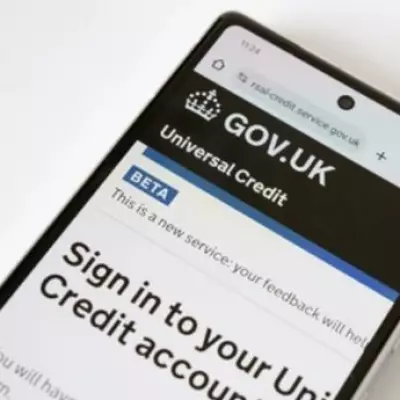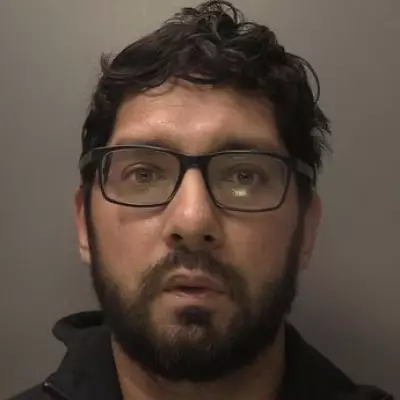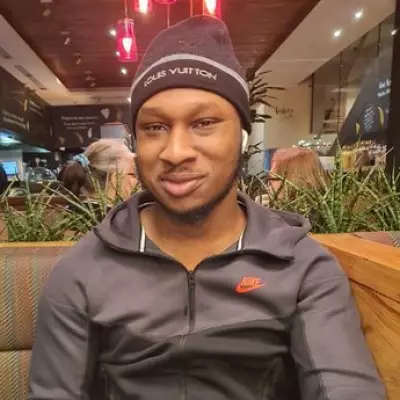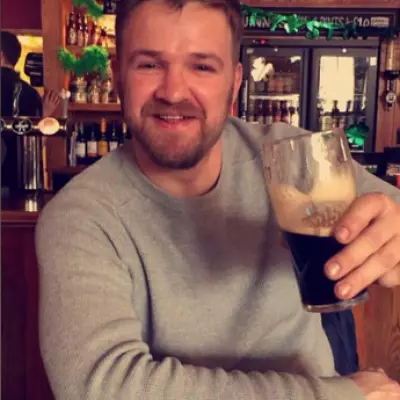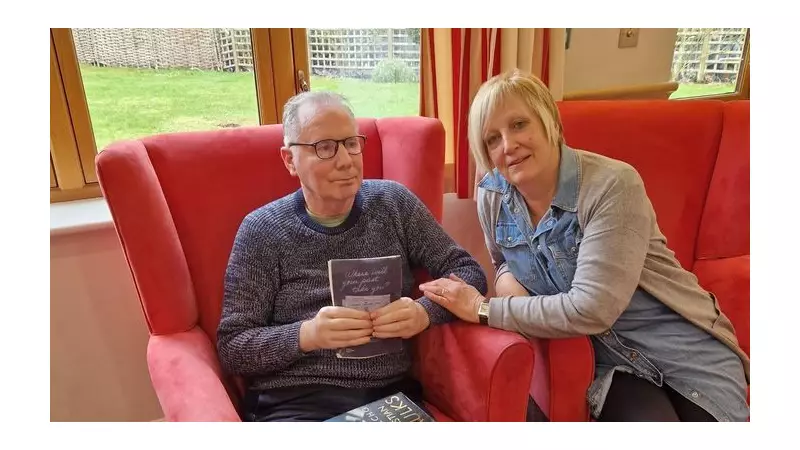
When her husband received a life-altering diagnosis in his prime working years, Sarah's world turned upside down. Now she's breaking the silence around young-onset dementia with a powerful message: don't let embarrassment prevent you from seeking help.
The Shock of Early Diagnosis
Unlike the more common elderly dementia cases, young-onset dementia strikes individuals under 65, often catching families completely unprepared. Sarah's husband was actively working and parenting when subtle changes began appearing - changes easily mistaken for stress or depression.
"The early signs were so subtle we almost missed them," Sarah reveals. "For months we made excuses - work stress, fatigue, anything but the truth staring us in the face."
The Hidden Struggle Families Face
Young-onset dementia presents unique challenges that many support systems aren't designed to handle:
- Financial pressures from losing primary income
- Explaining the condition to young children
- Social isolation as friends struggle to understand
- Navigating a healthcare system geared toward elderly patients
Breaking Through the Stigma
Sarah emphasises that the embarrassment surrounding dementia often creates unnecessary barriers to support. "We worried about what people would think, how they'd treat him differently," she admits. "But that hesitation cost us precious time in accessing resources that could have helped us cope better, sooner."
Her advice to other families? "Speak up immediately. The moment you suspect something isn't right, start the conversation with healthcare professionals. Every day of early support matters."
Where to Find Support
Organisations across the UK offer specialised help for young-onset dementia patients and their families, providing everything from counselling to practical care advice and social groups specifically for younger individuals facing this condition.
Sarah's final message resonates with urgency: "This disease is hard enough without the added weight of shame. Asking for help isn't weakness - it's the strongest thing you can do for your loved one and yourself."


